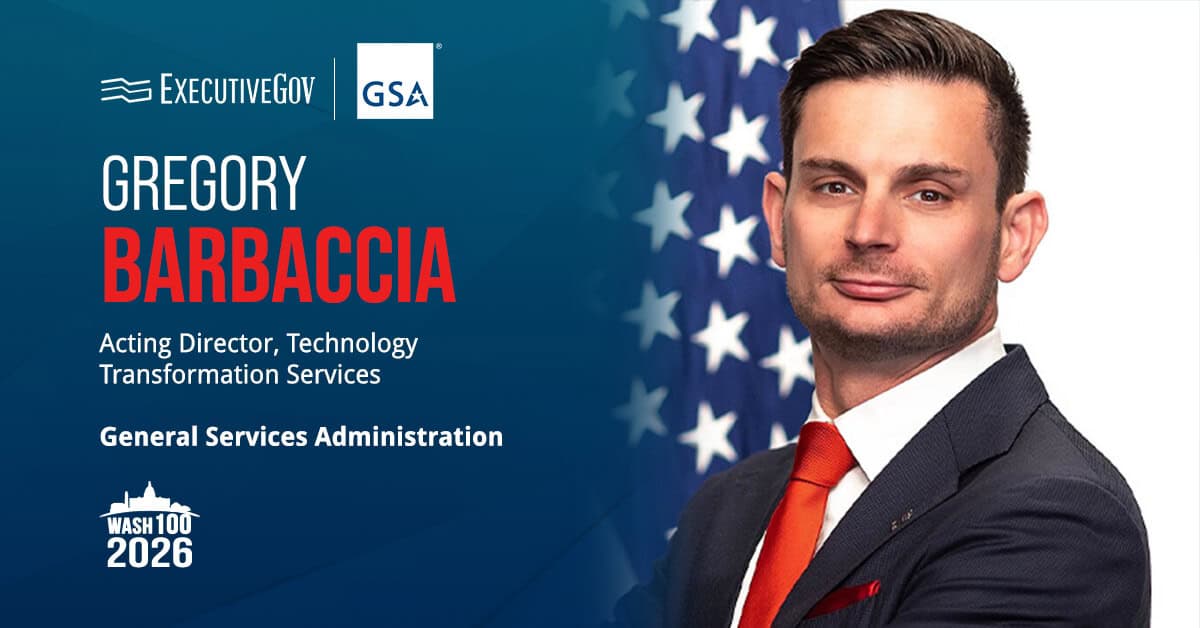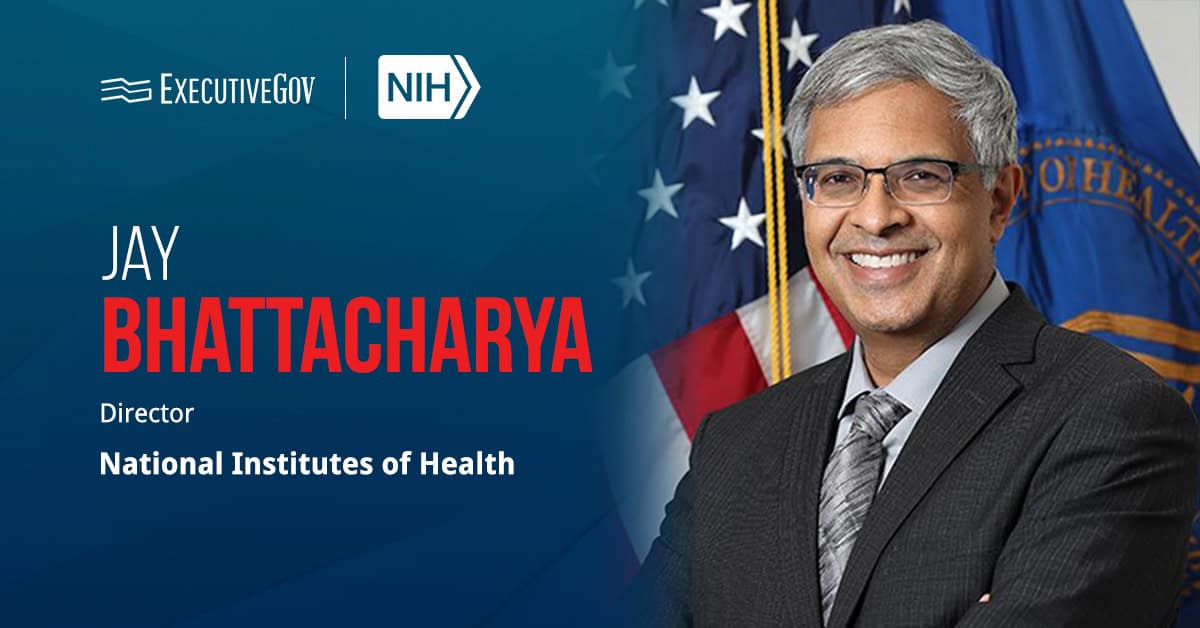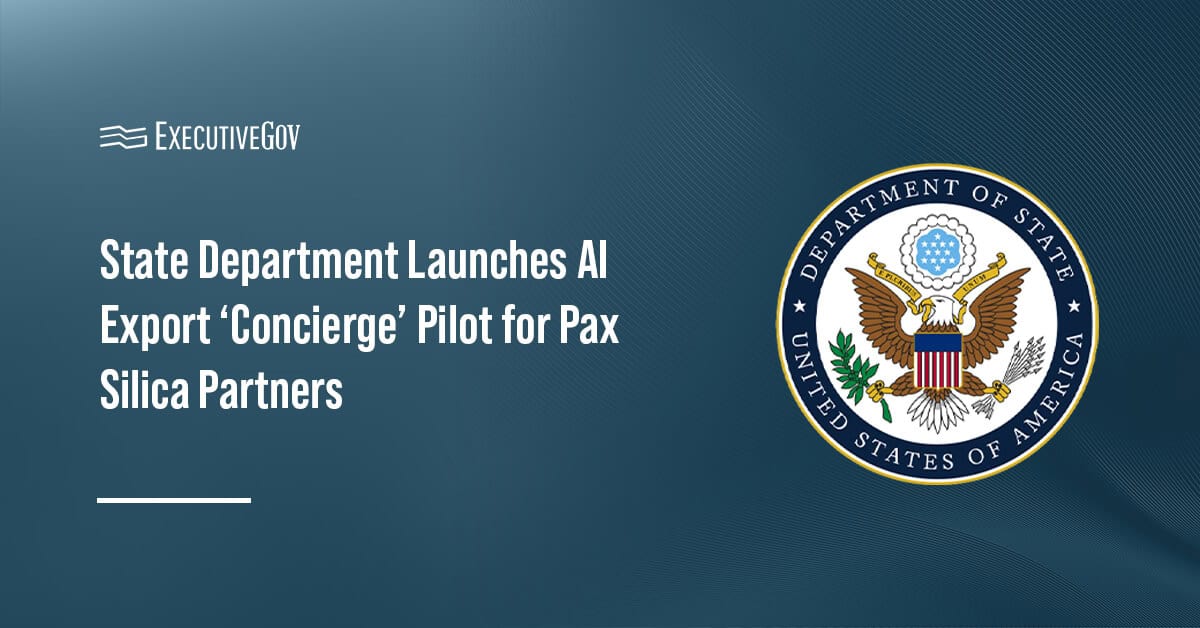The Bureau of the Fiscal Service initiated a couple of new efforts to simplify how the U.S. federal government processes and manages financial activities. The Digital End-to-End Efficiency initiative aims to fully automate and digitally transform a business process instead of only automating certain, individual tasks, the bureau said Monday.
"We want to identify improvements using a suite of automation choices, if needed, to support a seamless process,” said Cindy Good, program manager for the Fiscal Service.
Second, the Blockchain for Grant Payments effort will explore how blockchain technology can improve how grants are redeemed, transferred and digitally tokenized, continuing work under a project launched in 2017. The bureau’s financial innovation and transformation office leads both projects with the support of Deloitte.





